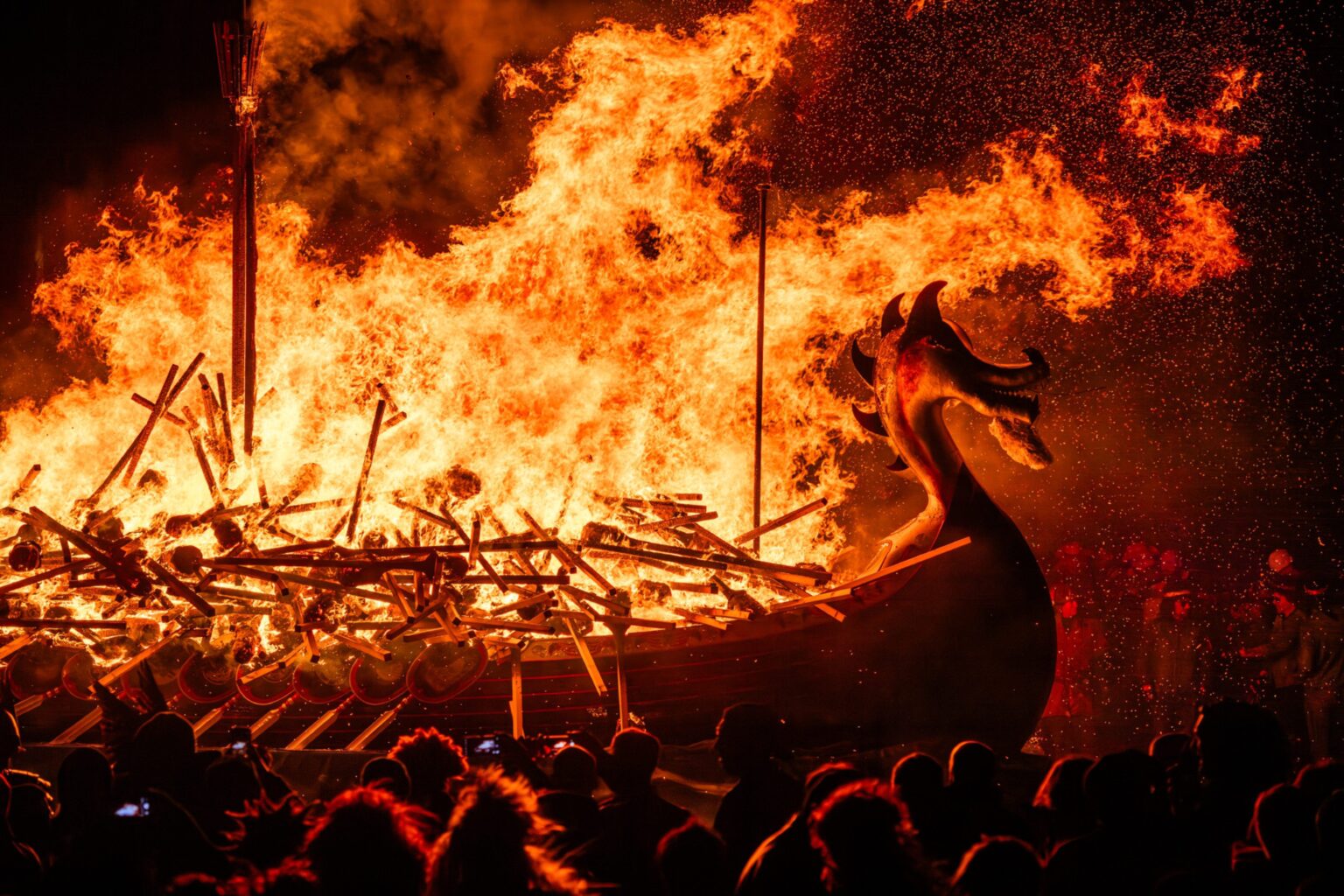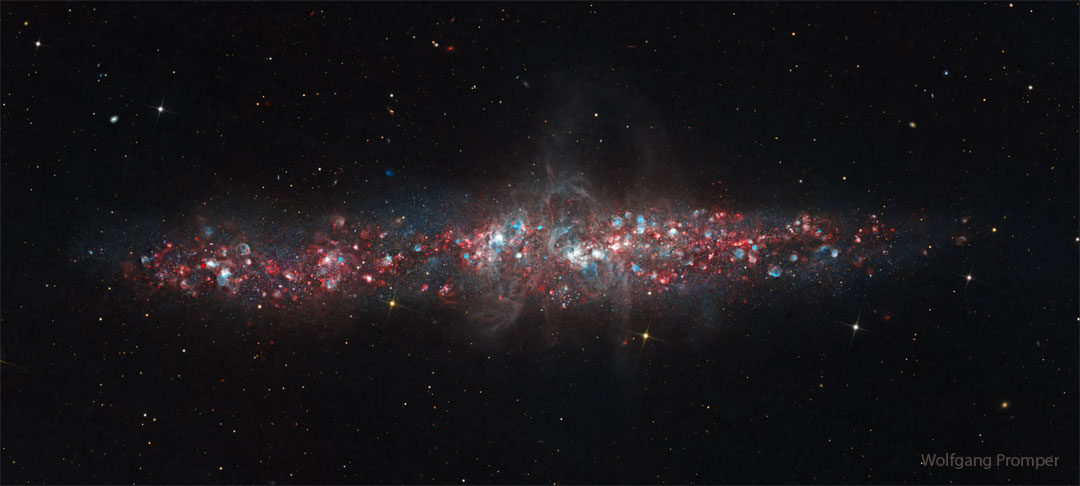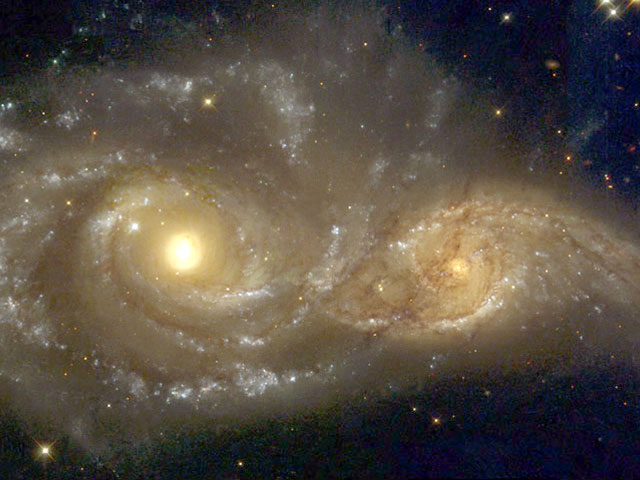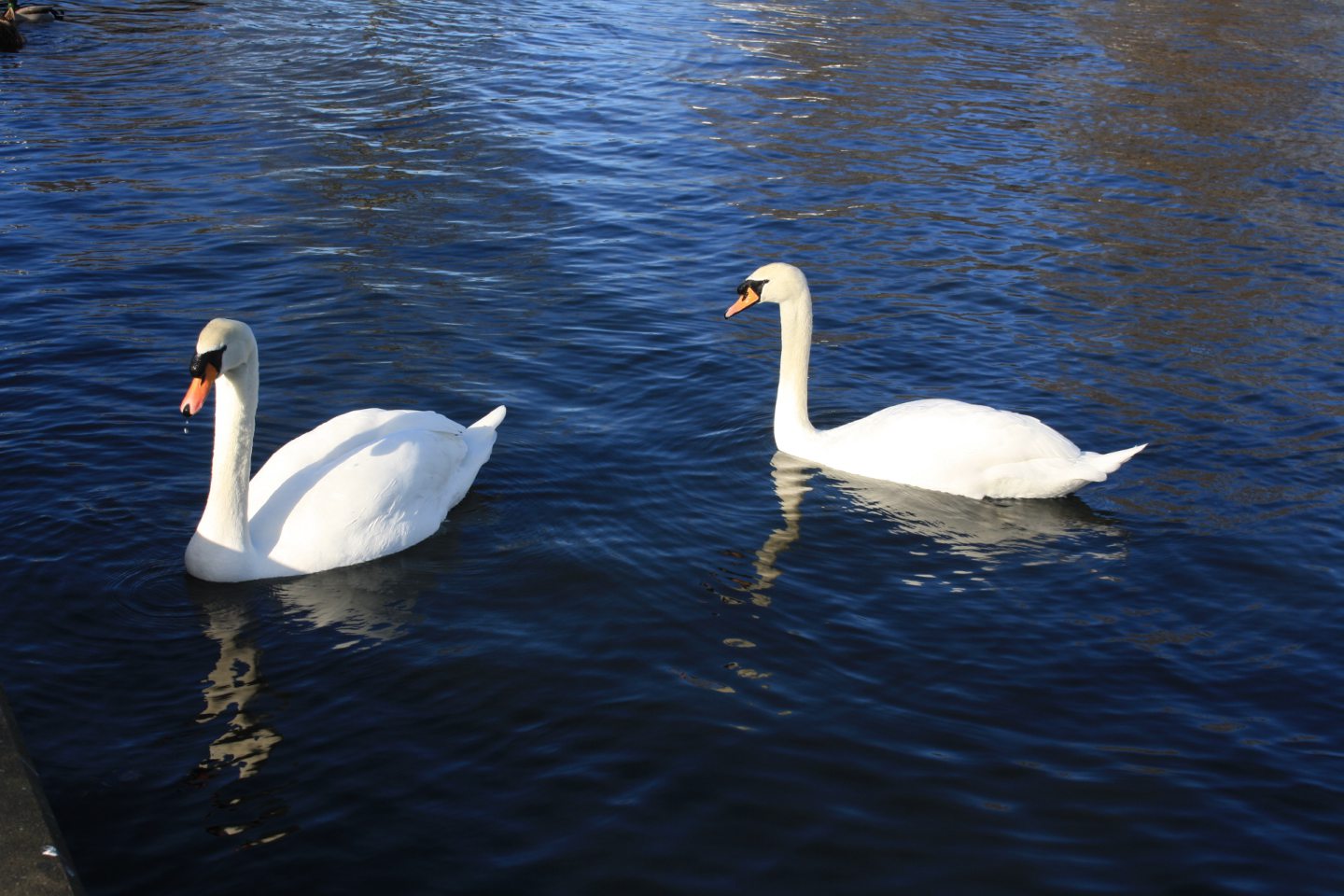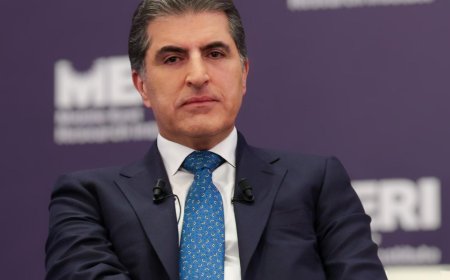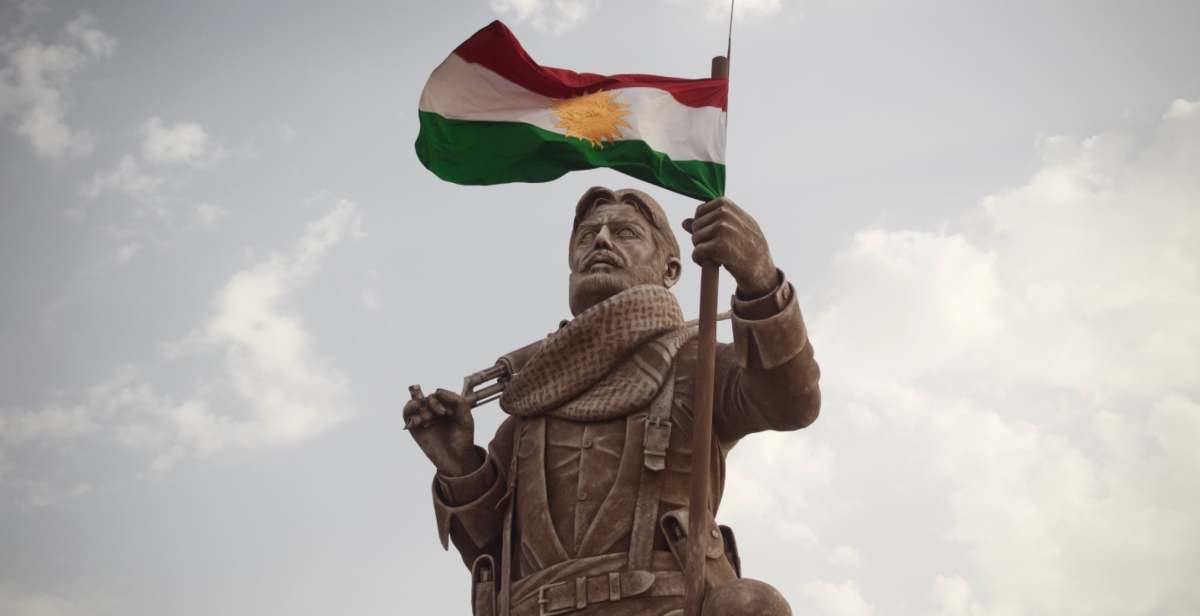The Layla Qasem Medal: Honoring Women's Struggle for Freedom
Sirwan Abdulkarim Ali / Politician and Academic
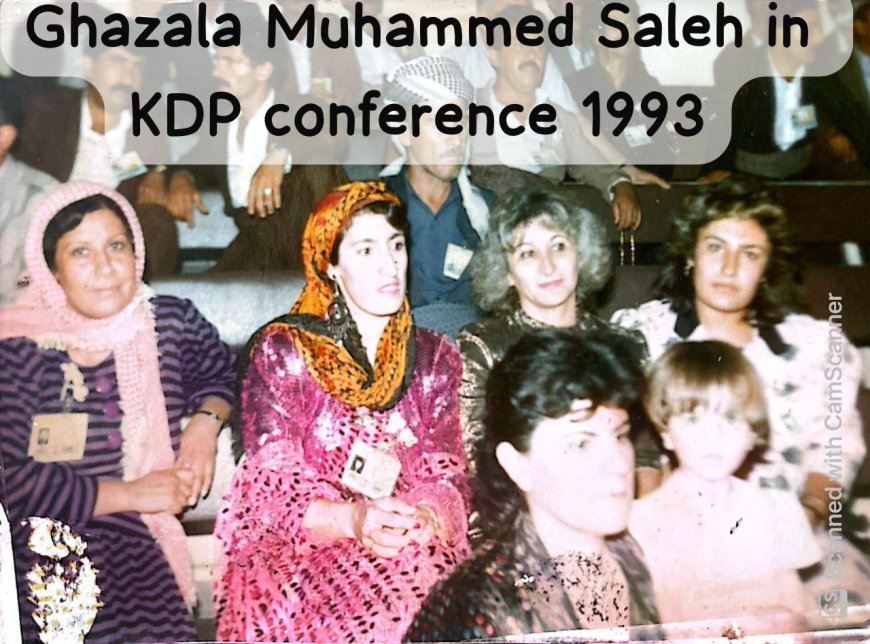
In a landmark celebration of courage and resilience, the first annual Layla Qasem Medal Festival was magnificently organized by the 22nd Branch of the Kurdistan Democratic Party (KDP) in Kalar. This visionary initiative, conceptualized by one of Layla’s followers in Kalar named Khoshnaw Ahmad Hawas. The event marks a profound step toward recognizing the extraordinary contributions of Kurdish women to the liberation movement and beyond.
While this recognition may have been long overdue, the timing could not be more meaningful. As the Kurdish proverb wisely notes, "An excellent idea arrives precisely when it's meant to." The organizing committee deserves exceptional praise for crafting this proposal with remarkable foresight and deep respect for Kurdish women's historical struggles.
The festival commemorates Layla Qasem (1952-1974), the courageous 22-year-old sociology student from Baghdad University who, in 1974, became an enduring symbol of women's resistance from a Kurdish nationalist perspective. Her legacy now illuminates the path for recognizing contemporary female leaders who have transformed Kurdish society through their unwavering commitment to freedom and equality.
Among the distinguished honorees were Ghazala Mohammed Saleh, a pioneering figure in the Kurdistan Women Union, and Shno Amin Mansour, a challenging leader within the Students and Youth Union. These remarkable women emerged as trailblazers in Garmyan during the 1990s—a time and place where women leadership was virtually unprecedented. They boldly challenged deeply entrenched social norms, often facing intense opposition even from other women who believed they had overstepped traditional boundaries. The festival also awarded Latifa Ahmad Saleh, Zulaikha Ali Shukur and Shler Ahmad Darewsh.
Three and a half decades later, these visionaries stand blameless. Many who once criticized them now acknowledge their profound leadership and lasting impact. Their courage has inspired thousands of young women to follow in their footsteps, gradually transforming Kurdish society's perception of women's capabilities and rightful place in public life.
Ghazala Mohammed Saleh's remarkable journey exemplifies this transformation. Her activism expanded into environmental advocacy when she helped establish the BAZHIN Organisation in 2009, promoting health awareness and environmental protection throughout Garmyan. Her compassionate leadership later led her to manage "Azizan" (The Dear Children), the largest organization supporting orphaned children, sponsored by the Barzani Charity Foundation and the United Arab Emirates Red Crescent.
Even when she migrated to Australia in 2013, Ghazala's commitment to service remained undiminished. Despite language barriers, she devoted over six years to volunteering with the Salvation Army. Upon returning to Iraq in 2019, she helped establish the first charity house for children with autism in Erbil, training more than 15 specialists under the academic supervision of Jordanian education expert Dr. Raied Sheikhtheeb—a project supported by the Barzani Charity Foundation and the United Arab Emirates Red Crescent.
Through her exceptional communication skills, compassionate leadership, and political acumen, Ghazala has emerged as a transformative figure in Kurdish politics as an active member of the Kurdistan Democratic Party leadership. Her dual commitment to political leadership and community development has significantly contributed to modernizing and advancing and modernizing the local community and eradicate the socially constructed myths.
The inaugural Layla Qasem Festival represents a magnificent beginning, precisely organized through the 22nd Branch of KDP and the directorate of culture in Kalar. As this celebration continues in future years, it should expand to honor women leaders not only from Garmyan but throughout the Kurdistan Region and all of Iraq—creating a lasting legacy of recognition for women who have sacrificed and struggled for the freedom and community development.
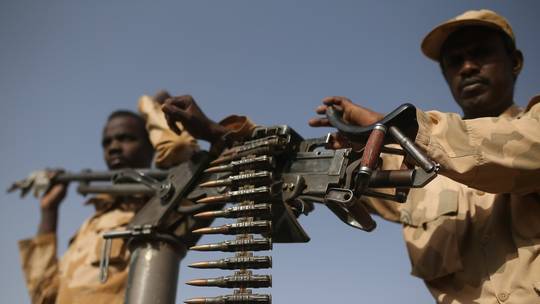



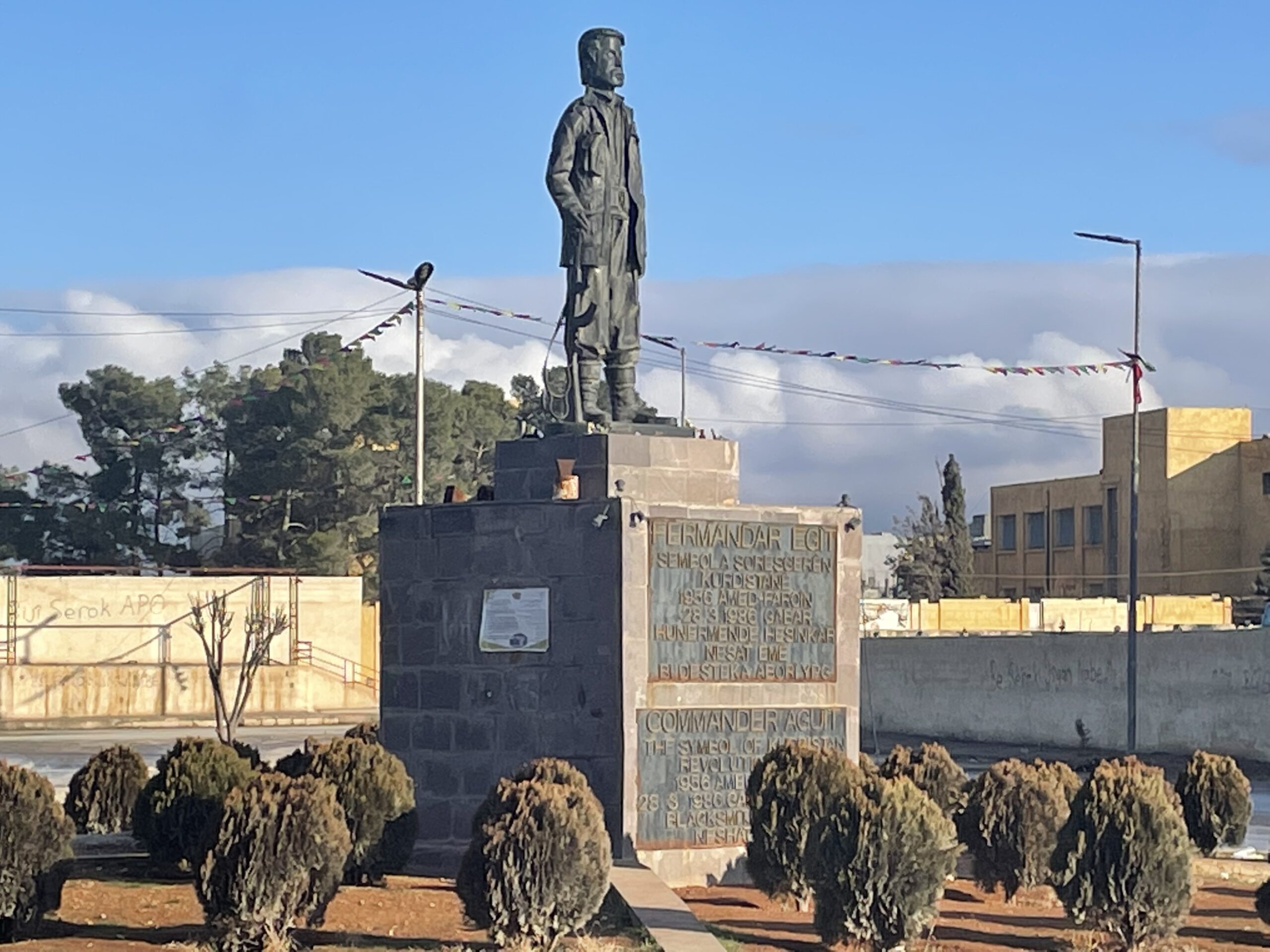





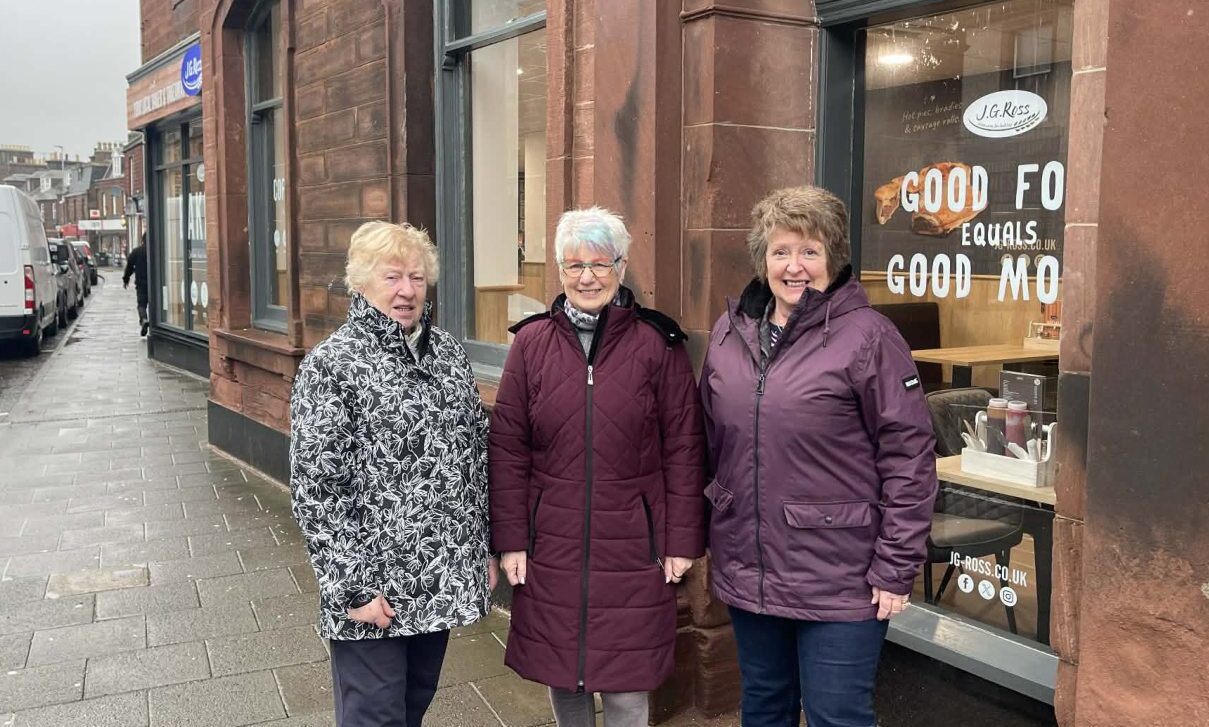



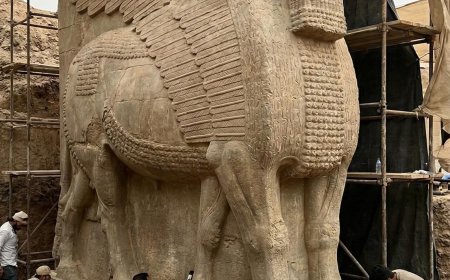





/file/attachments/orphans/IMG_9103_429753.jpeg)


/file/attachments/orphans/taku-transport_666718.jpg)






